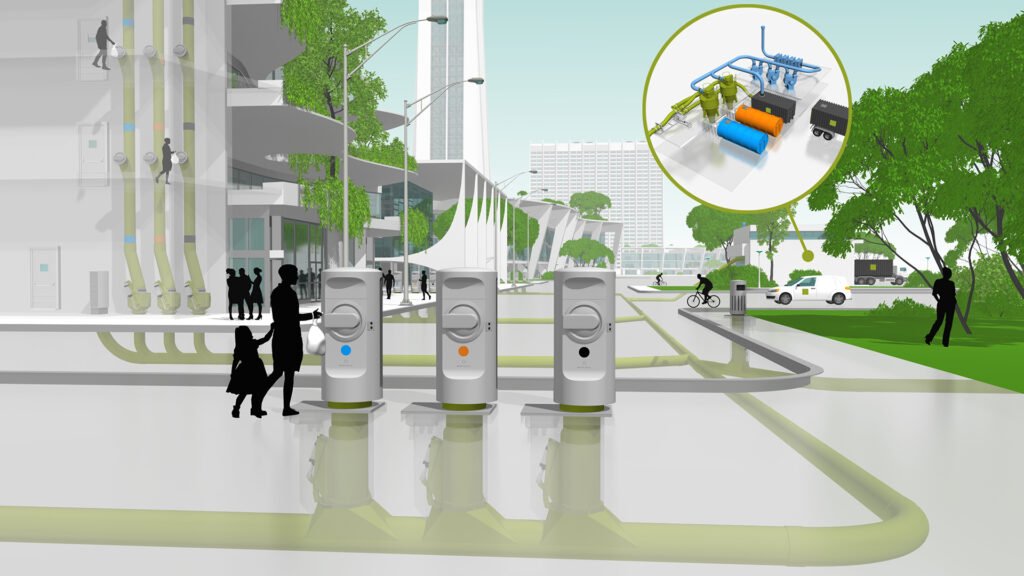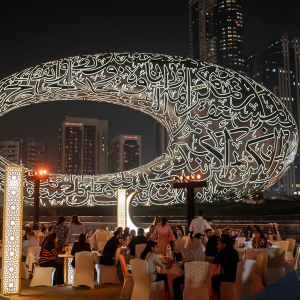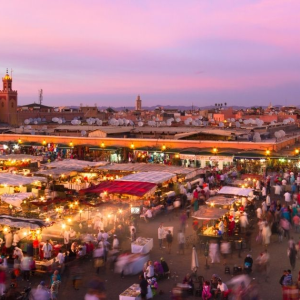The United Arab Emirates is taking another big step toward a cleaner and smarter future. A new underground waste collection system has been announced to keep cities cleaner, reduce pollution, and make waste disposal more efficient. The system is already being tested in three emirates as part of a pilot program.
This modern way of handling trash is part of the country’s larger plan to improve sustainability and public health. Instead of the usual garbage bins seen on roads and sidewalks, the new system moves waste underground using smart technology and specially designed bins.
Pilot Program Begins in Three Emirates
The underground waste collection system is first being tested in Dubai, Sharjah, and Ajman. These emirates were chosen to test how well the system works in different types of neighborhoods—from busy urban areas to residential zones.

In each location, residents and workers can already see the difference. The new bins look sleek, modern, and are placed at street level. But underneath, a network of underground storage units collects the waste, keeping it out of sight and preventing bad smells or overflowing bins.
The goal is to monitor how the new system works over the next few months. Authorities will collect data, ask for public feedback, and make adjustments before expanding it to the rest of the country.

A Cleaner, Smarter UAE
This underground system is designed to improve not only how waste is collected but also how it is managed afterward. The new bins are equipped with smart sensors that send alerts when they are full. This means waste collection trucks will only come when needed, saving fuel and reducing carbon emissions.
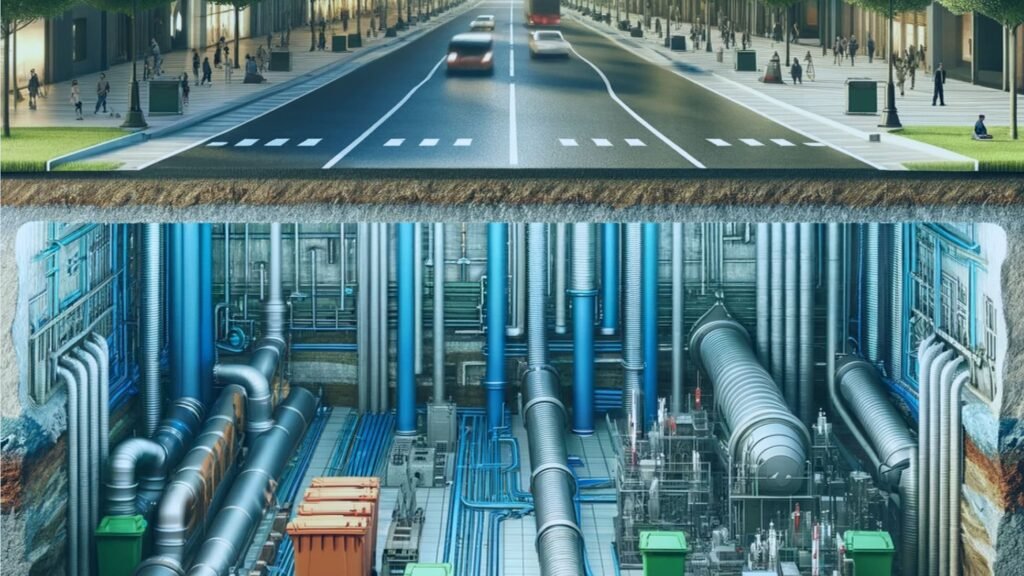
It’s part of the UAE’s ongoing efforts to become a leader in sustainability and green innovation. The smart waste system supports both national goals and international commitments to fight climate change and protect the environment.
“By going underground, we’re not just hiding the waste—we’re solving problems before they grow,” said an official from the Ministry of Climate Change and Environment. “Cleaner streets, better air, and less waste—this is the future we want for our cities.”
More Than Just a Bin
These aren’t just regular trash bins. The new waste stations are designed to be aesthetically pleasing and take up less space on the streets. Since the waste is stored below ground, the chance of pests, smells, or littering is greatly reduced.
Each underground unit can hold a large amount of waste—up to five times more than a regular street bin. That means fewer collections, less traffic, and a more organized waste system.
Residents don’t need to learn a whole new system. The top of each bin looks familiar and easy to use, with clear signs showing where to put different types of waste—such as recyclables, organic materials, and general trash.
Improving Quality of Life
City officials say this project is not just about technology. It’s about making daily life better for everyone living in the UAE. Clean streets lead to healthier communities, better tourism, and stronger public satisfaction.
In the long run, the government hopes the project will improve waste recycling rates and help reduce the overall amount of waste going to landfills.
According to studies by the Ministry of Infrastructure Development, this system could reduce the frequency of waste collection by over 70%. That means less noise from garbage trucks and reduced wear and tear on roads.
Support From the Public
The response from people living in the pilot areas has been mostly positive. Many say the streets already look cleaner and smell fresher.
“I used to hold my breath when walking past the bins near my building,” said Mariam Al Suwaidi, a resident of Ajman. “Now, I don’t even notice them. It feels more modern and respectful.”
Others appreciate the design. “It just looks better,” said Hussain Al Khouri from Sharjah. “It makes the area look more upscale and cared for.”
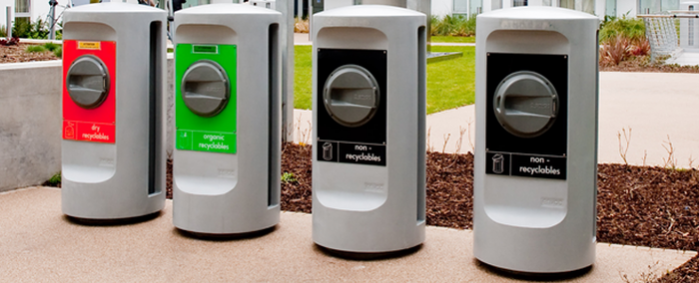
Local authorities are encouraging everyone to take part in making the system a success by using the new bins properly and giving feedback when needed.
Next Steps for the UAE
If the pilot is successful, the UAE plans to roll out the underground waste collection system to other emirates, including Abu Dhabi, Fujairah, Ras Al Khaimah, and Umm Al Quwain.
There is also talk of including recycling incentives, where residents could earn rewards for proper waste separation. Smart apps may also be introduced to help people track their waste habits and learn more about sustainable living.
This project is just one of many in the UAE’s broader move to build smarter cities, protect the environment, and improve the lives of its citizens and residents.
A Model for the Region
As one of the first countries in the region to launch such a large-scale underground waste system, the UAE is setting an example for others. The project is attracting interest from neighboring countries and international urban planners looking for smarter waste solutions.
Environmental experts believe this approach could be a model for other fast-growing cities across the Middle East.
“The UAE has shown once again that with vision and action, cities can grow while becoming cleaner and greener,” said a regional sustainability advisor.
Conclusion
The UAE’s new underground waste collection system marks a major shift in how modern cities can handle everyday challenges. With its mix of smart technology, clean design, and public support, the project has the power to transform urban life for the better.
As the pilot continues, the rest of the country—and even the world—will be watching closely. If all goes well, smelly, overflowing bins on the roadside may soon be a thing of the past.
Also read: UAE Airlines Launch New Carbon-Neutral Ticket Option

